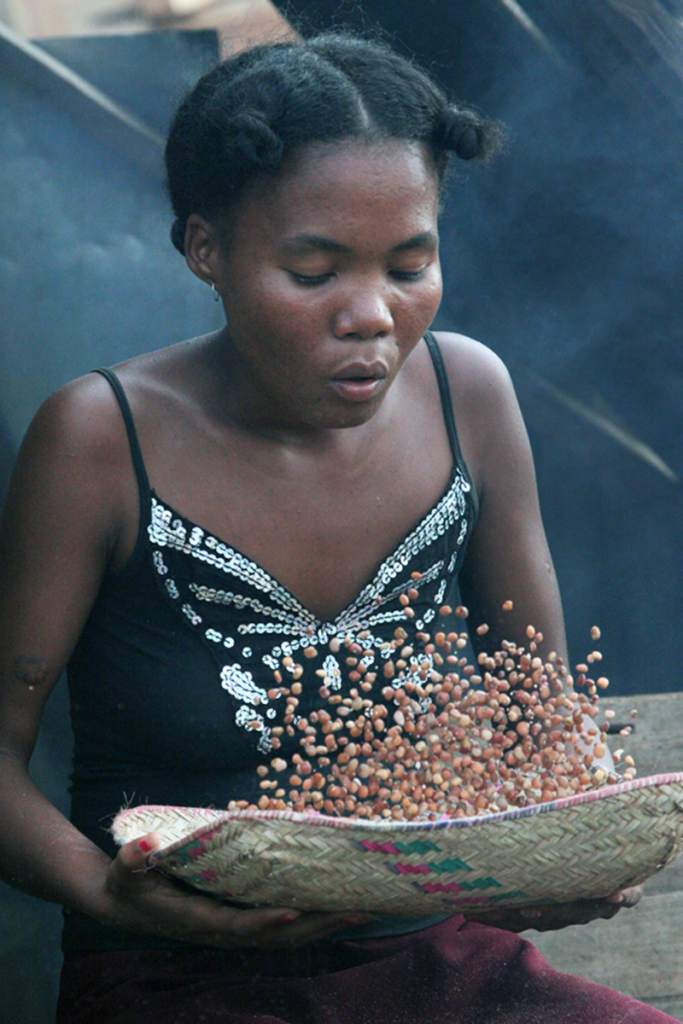Madagascar is particularly vulnerable to climate change, as more numerous cyclones, rising seas and additional rain erode coastal areas, while prolonged drought and desertification plagues the southern part of the island nation. In addition to those climate challenges, Madagascar is a developing country that at times has struggled to feed itself even while boasting the most biodiverse ecology in the world.
To help Madagascan farmers adapt, the U.S. Agency for International Development (USAID) has awarded the Feed the Future Innovation Lab for Peanut at the University of Georgia an additional $2.5 million to work in partnership with the Global Collaboration on Sorghum and Millet at Kansas State University on a resilient rotation of peanut, sorghum and millet that will improve soil conditions, make farms more productive, feed people and protect the natural environment.
The UGA College of Agricultural and Environmental Sciences is already home to the Feed the Future Innovation Lab for Peanut, a 10-year, $29 million program to improve food security and nutrition across Africa through peanut. The additional $2.5 million, two-year project was approved by the USAID mission in Madagascar in September.
